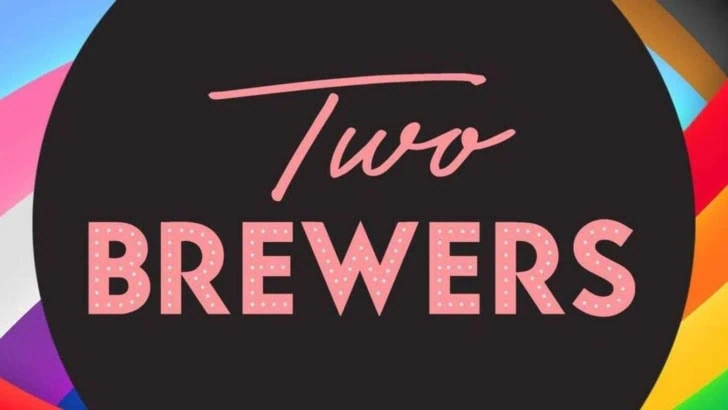In a landmark ruling for LGB+ people in India, the Supreme court has overturned a ban on consensual same-sex relations. The ban on same-sex intercourse ban had previously left LGB+ people serving life sentences.
5 years ago, the progression of LGBT+ rights in India received one of its most devastating blows: a 2013 judgement that ruled that the colonial-era law section 377 (brought in by British Colonial settlers), which criminalised gay sex, would be upheld. Under this ruling same-sex relations was deemed as an “unnatural offence”.
The court has now made a complete U turn on the ruling, expressing that discrimination based on sexual orientation is a fundamental violation of rights. LGBT+ campaigners outside the court cheered when the ruling was handed out.
Though attitudes towards sexuality have improved in India’s large cities, there remains a strong opposition to this ruling among religious groups in conservative rural communities. This ruling from Indias highest court is the country’s final say on the matter and cannot be challenged making it a huge victory for India’s queer population.
This morning’s ruling was delivered by a five-judge bench headed by Chief Justice Dipak Misra. The vote was unanimous, reading that:
“Criminalising carnal intercourse is irrational, arbitrary and manifestly unconstitutional.”
A voting judge, Indu Malhotra, stated that she believed that she upholds the belief that
“history owes an apology” to LGBT people for ostracising them.


















